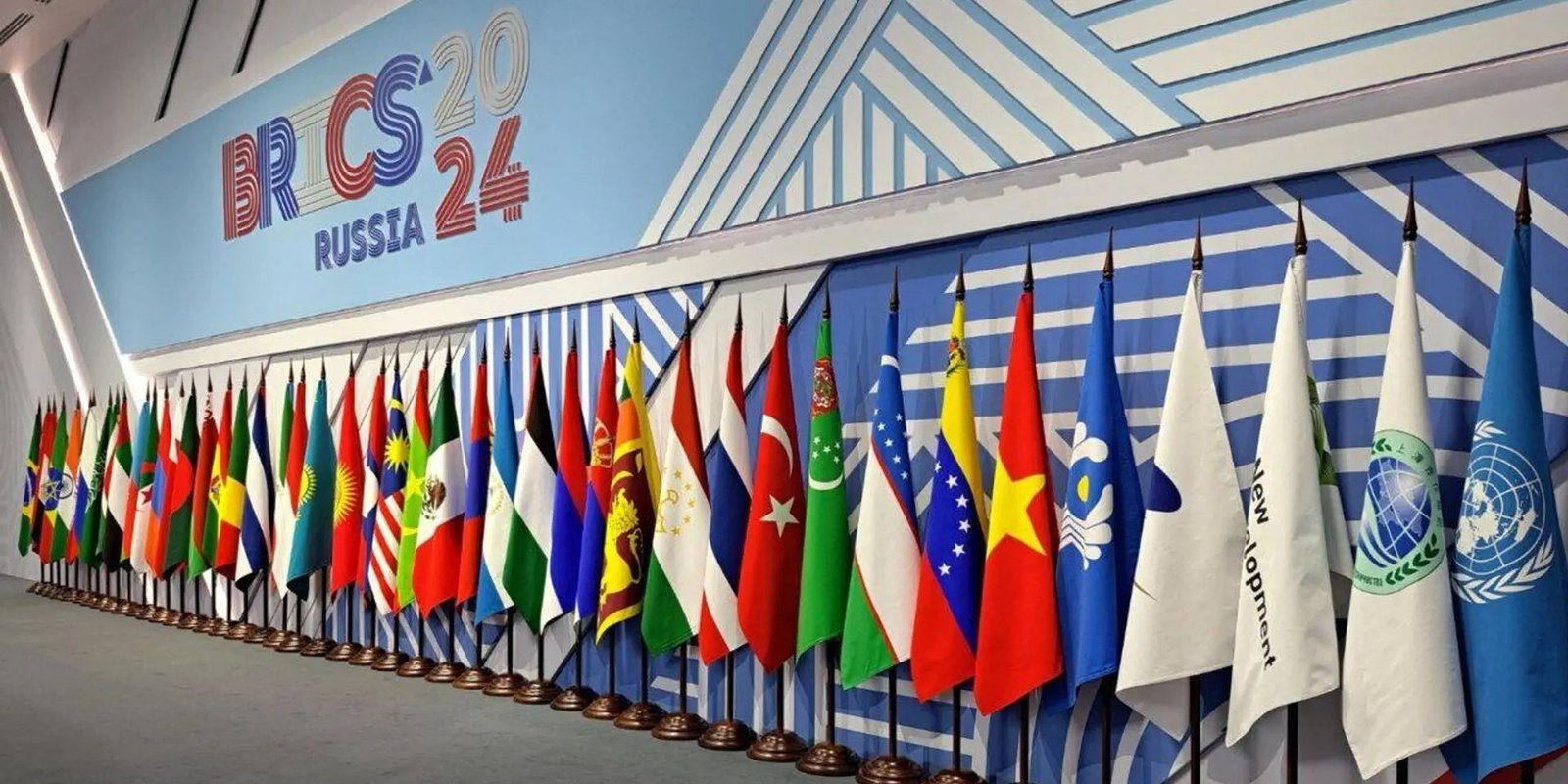BRICS Struggles to Maintain Influence Amid Global Changes
The BRICS coalition, consisting of Brazil, Russia, India, China, and South Africa, has long been heralded as a formidable alliance representing the emerging markets of the world. However, recent developments suggest that BRICS may be struggling to maintain its influence in the face of rapid geopolitical and economic changes.
Historical Context and Objectives
The BRICS formation, established in the late 2000s, was once seen as a beacon of hope for a new multipolar world order, aimed at fostering cooperation among some of the world’s most dynamic economies. The main objectives included:
- Promoting peace, security, and development.
- Enhancing global economic stability.
- Reforming international financial institutions to reflect a more diverse global economy.
These goals were ambitious but resonated widely, with the coalition accounting for nearly 40% of the global population and a significant portion of global GDP.
The Evolving Global Landscape
Despite the initial promise, the BRICS countries now face a challenging global landscape:
Economic Divergences
Each member country is experiencing unique economic issues, from Brazil’s political and economic instability to Russia’s continued geopolitical tensions.
- China’s Economic Slowdown: Once the powerhouse of the group, China’s economic growth has shown signs of deceleration.
- India’s Domestic Challenges: Amidst rapid urbanization, India grapples with socio-economic disparities.
Geopolitical Tensions
The geopolitical landscape has seen significant shifts, adding strain to BRICS unity:
- The conflict in Ukraine has strained Russia’s relations with the West, indirectly affecting BRICS’ standing.
- US-China tensions have geopolitical ramifications that extend to the BRICS framework.
Perceptions of a ‘Paper Tiger’
The term “paper tiger” has been used to describe entities that appear strong but may lack effectiveness in achieving tangible results. For BRICS, this notion implies that while the alliance appears formidable on paper, its real-world influence is debatable due to:
- Inconsistent Strategic Vision: Member countries often have divergent interests, affecting policy harmonization.
- Limited Economic Integration: The economic cooperation mechanisms remain underdeveloped compared to other global alliances like the EU or ASEAN.
The Road Ahead
In order to maintain its relevance, BRICS must confront these challenges head-on:
Enhancing Cohesion
The countries need to intensify efforts towards common goals through:
- **Policy Alignment:** Developing a unified strategic vision.
- **Economic Cooperation:** Enhancing intra-BRICS trade and investments.
Engaging with Global Challenges
BRICS should realign its objectives to address pressing global issues such as:
- Climate Change
- Technological Innovations
- Global Health Crises
Through these actions, BRICS can potentially regain its stature as a coalition of influence, navigating a path that intertwines economic ambitions with a sustainable and inclusive global agenda.



